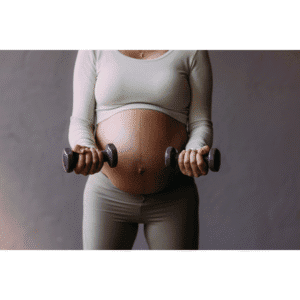
How to Create Harmony With Your Partner
Many couples struggle with daily stressors including childcare and household responsibilities, work stress, financial challenges, being emotionally available for their family, shuttling kids to activities, and much much more. It’s a recipe for conflict.









